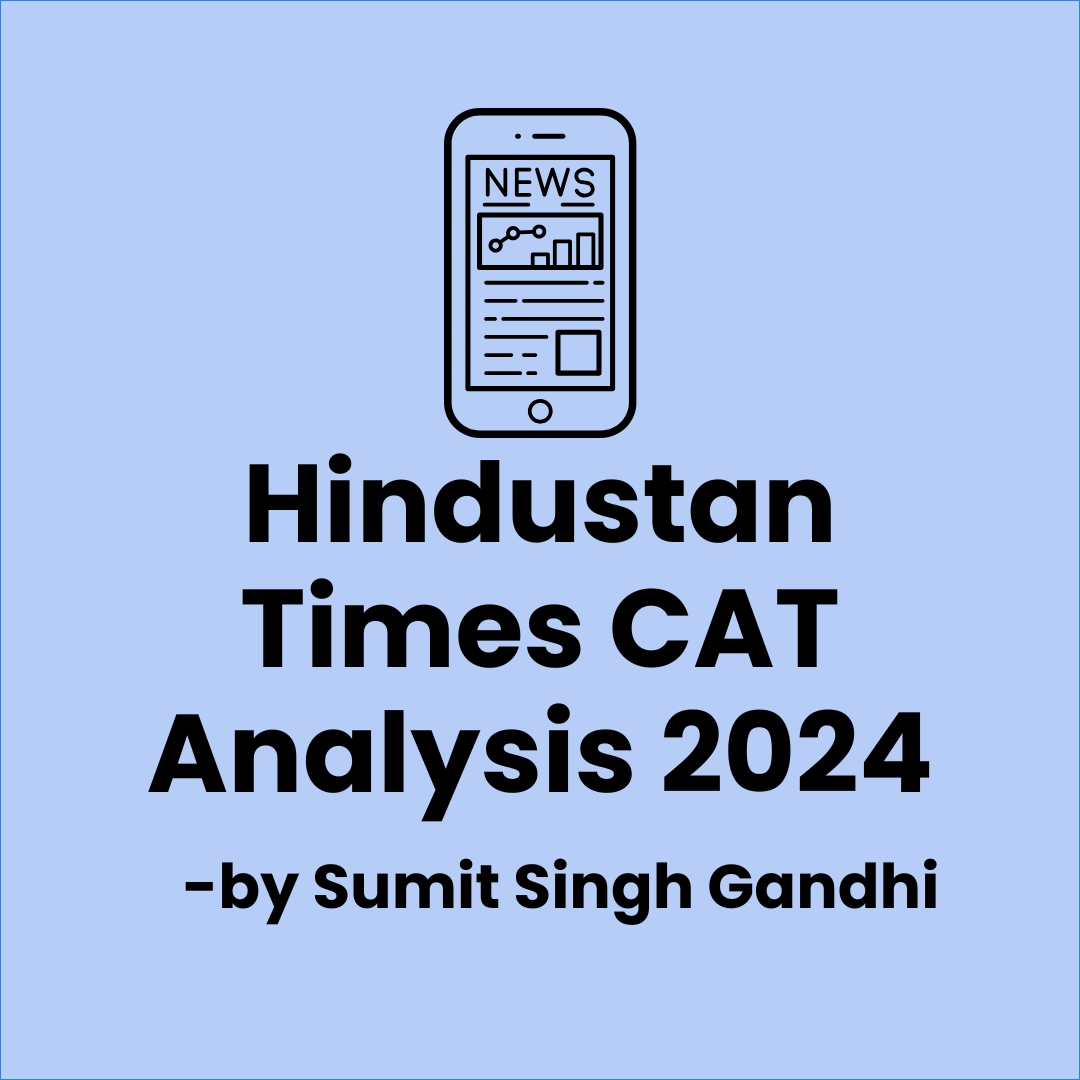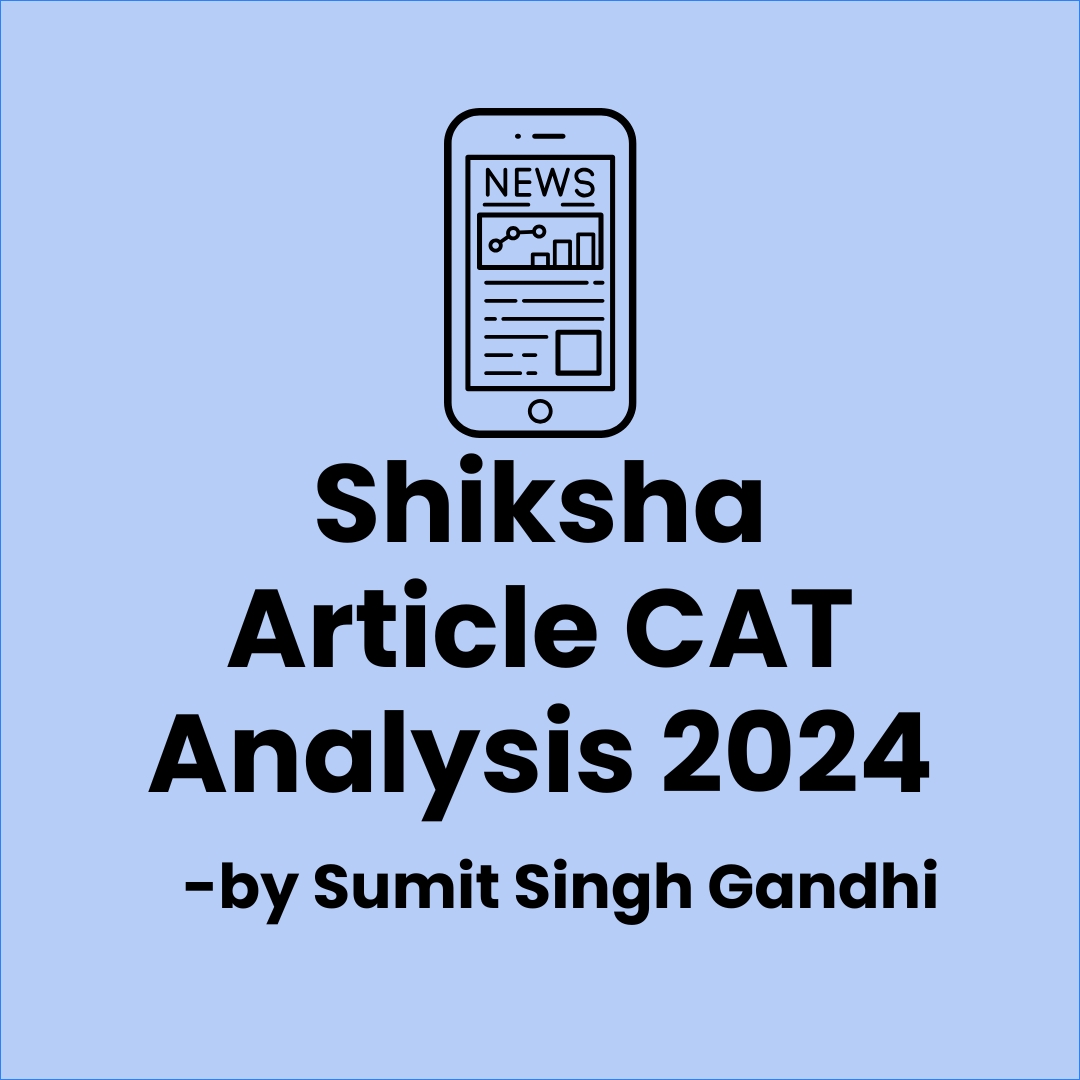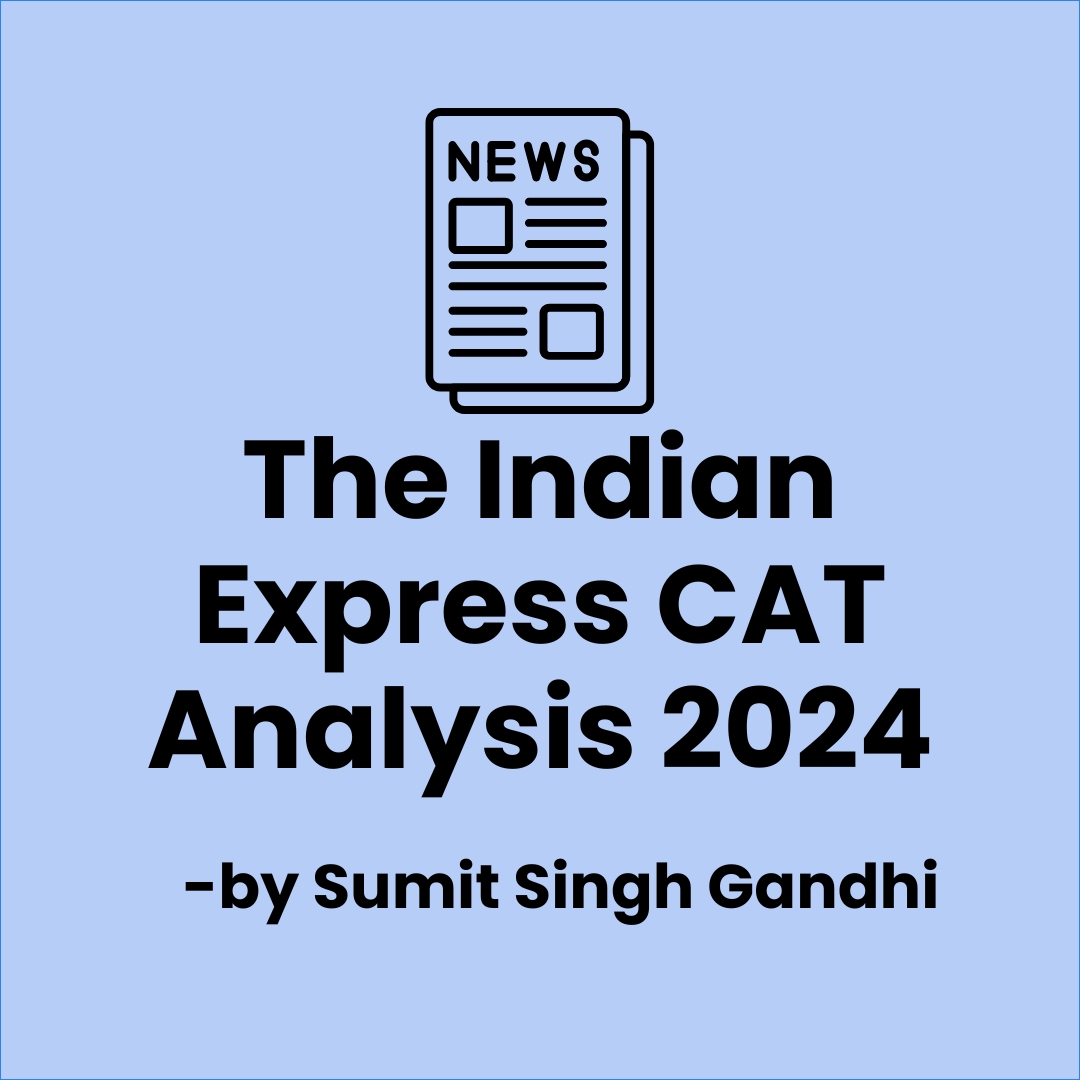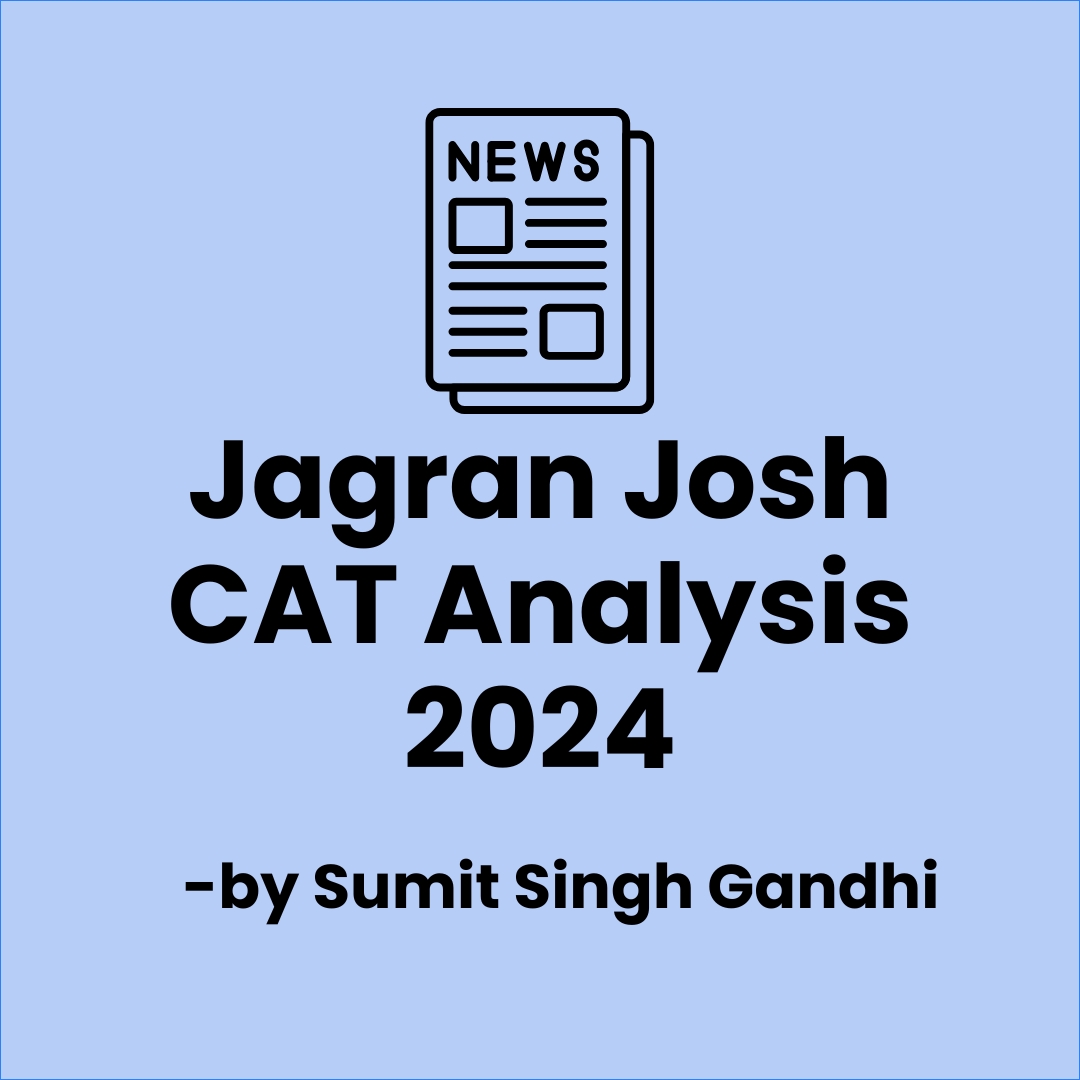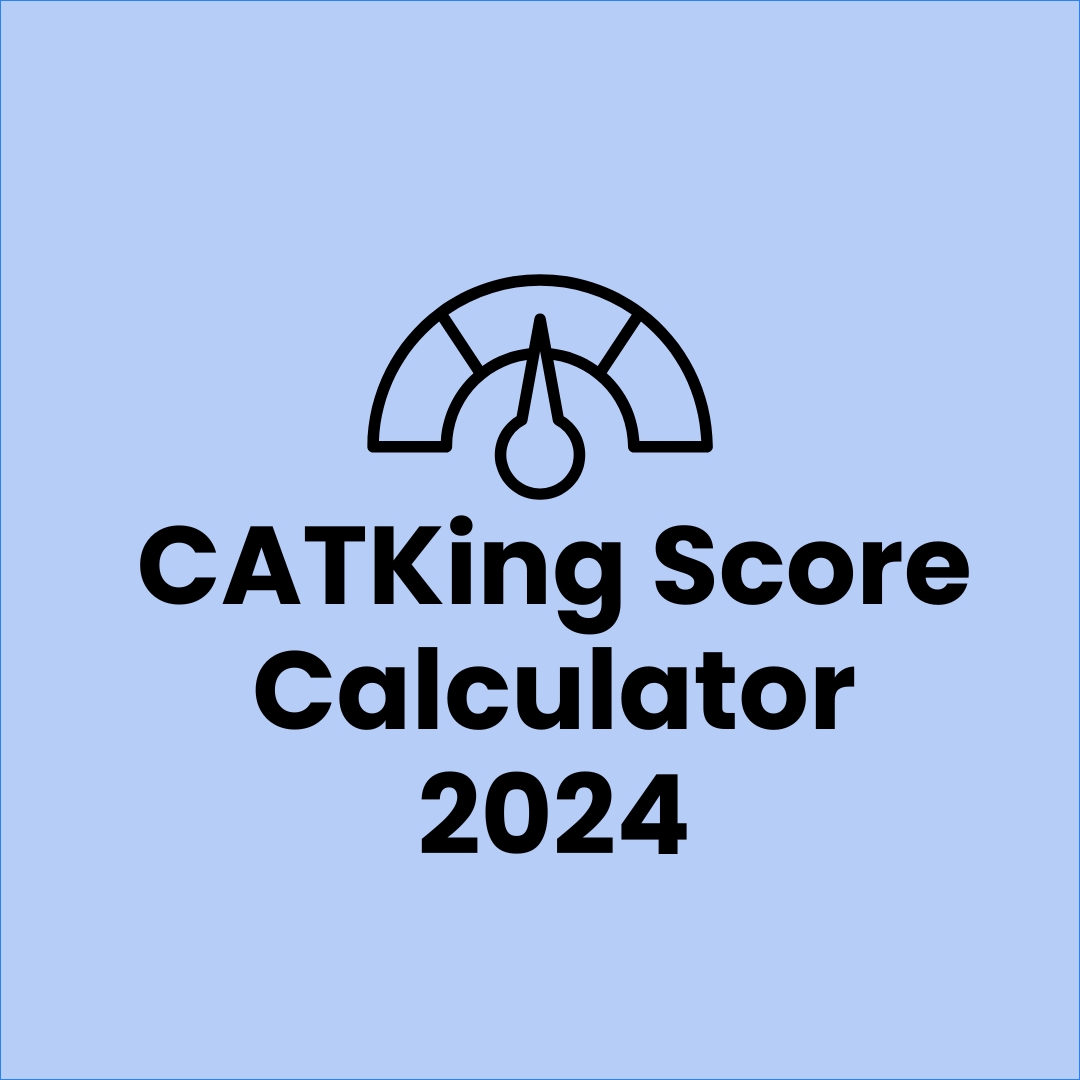The International English Language Testing System (IELTS) is a standardised test conducted for assessing English proficiency of candidates who wants to study or work abroad. The IELTS test assesses your listening, reading, speaking, and writing skills. It is world's most popular exam and serve as key admission requirement for many top universities abroad. The IELTS exam is required for getting admission in top universities in USA, UK, Canada, Australia, New Zealand and 140+ more. This IELTS test has two versions: IELTS Academic to study abroad and IELTS General Training for work visas.
Analysis
As previously stated, the IELTS framework contains four exam components: reading, writing, listening, and speaking. Candidates should keep in mind that the exam's Reading, Listening, and Writing portions are all tested at the same time. The Speaking portion, on the other hand, can be assessed on the same day or seven days before or after the examination date.
| Sections with Duration | IELTS Academic Test tasks | Total Questions |
| Listening (30 minutes) | It is surrounded by four recorded monologues or conversations | 40 |
| Reading (60 minutes) | Texts range from descriptive and factual to discursive and analytical, with nonverbal elements such as diagrams, graphs, and pictures included. Texts are genuine (from books, periodicals, and newspapers) | 40 |
| Writing (60 minutes) | In Writing Task 1, the candidate must write at least 150 words summarising, describing, or explaining a table, graph, chart, or diagram. A candidate must complete Writing Task 2 by writing a brief essay of at least 250 words. | 2 |
| Speaking (11-14 minutes) | A face-to-face interview involves a candidate introduction, a cue card, and a detailed discussion. | 3 |
Listening Section of the IELTS Exam
Candidates in this segment listen to four recordings of fluent English speakers and then compose their own responses to a list of questions.
Recording 1 consists of a chat between two persons in any normal social setting.
Recording 2 is a monologue set in a social setting.
Recording 3 consists of a dialogue between up to four participants in an educational or training setting.
4th recording - a monologue on any academic topic
Question Types
Multiple-choice questions
Matching
Completion of a sentence
Questions with short answers
IELTS Reading Test Format
The Reading part has 40 questions designed to assess the test taker's reading skills across a wide range. Understanding the logical argument, reading for main ideas, and reading for details are examples of these. Three lengthy writings range from factual and descriptive to argumentative and analytical in nature. For individuals seeking admission to universities, the materials are drawn from periodicals, journals, newspapers, and books. In addition to the IELTS framework, we have listed the different types of IELTS Reading questions below.
Question Types
Information identification
Similar characteristics
Completion of a sentence
Questions with short answers
Recognising the author's statements
Writing test format
The themes in the Writing area are suited for undergraduate and postgraduate students applying to universities.
Task 1 - The exam taker has 60 minutes to do both tasks. One activity lasts 20 minutes and the other lasts 40 minutes. In Task 1 of the IELTS Academic Module, a candidate must write a summary of a table/graph/process in at least 150 words. In Task 1 of the IELTS General Training Module, a candidate must compose a letter of at least 150 words.
Task 2 - Task 2 is the same for both Academic and General Training Modules and consists of an essay of at least 250 words. Candidates will be asked to write an essay in response to an argument, problem, or point of view. Make a point of responding to both tasks in a formal manner.
Speaking Test format
The speaking portion evaluates the candidate's spoken English. Every test is recorded.
Part 1 - The examiner will ask broad questions about the test taker as well as familiar themes such as work, studies, or home. The first segment lasts four to five minutes.
Part 2 - The test taker will be given a card with questions on it. You will have one minute to prepare before you speak for two minutes. The examiner will then ask one or two questions about the topic of choice.
Part 3 - The exam taker will be quizzed on the topic chosen in Part 2. You will have the opportunity to discuss the ideas and topics further here. This section lasts four to five minutes.


